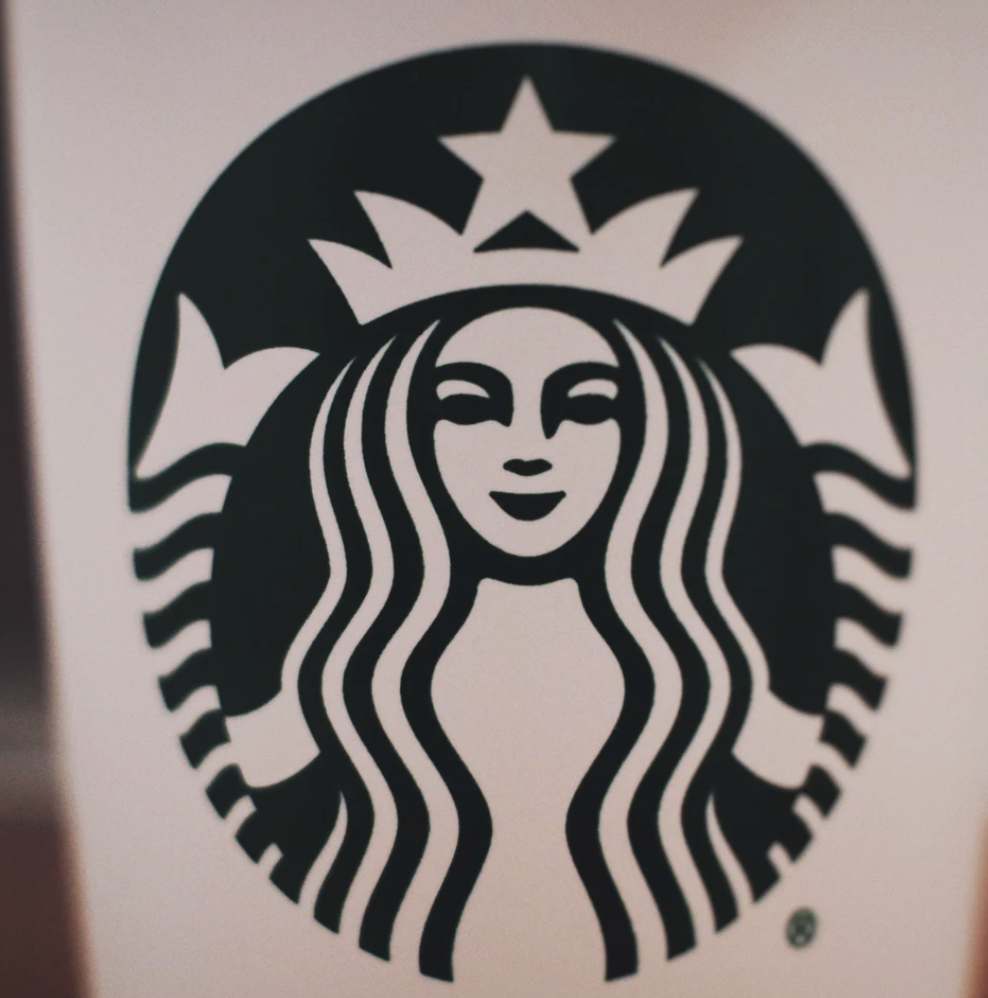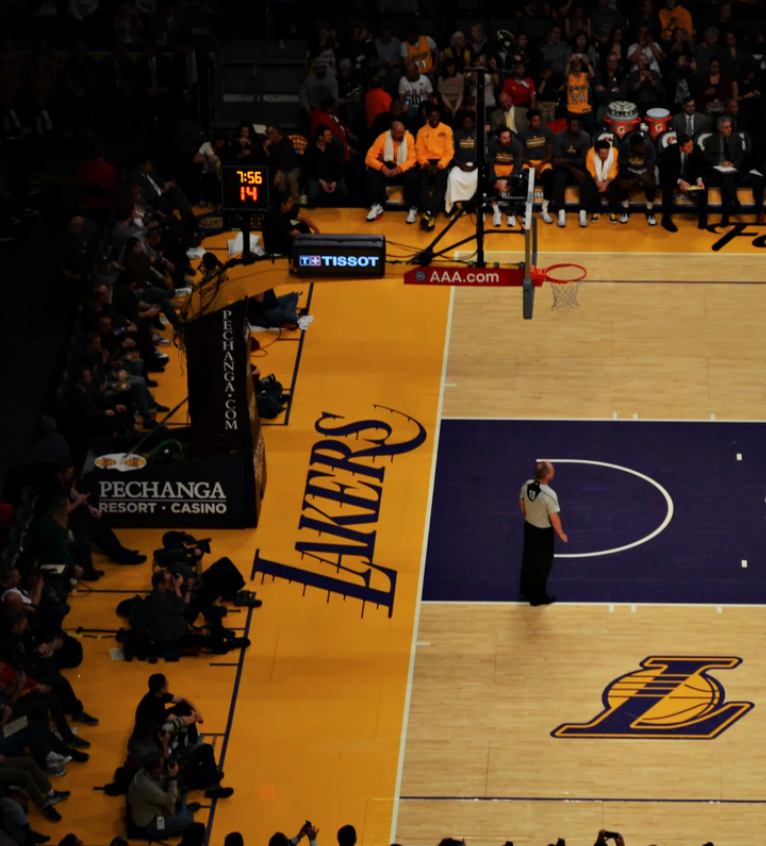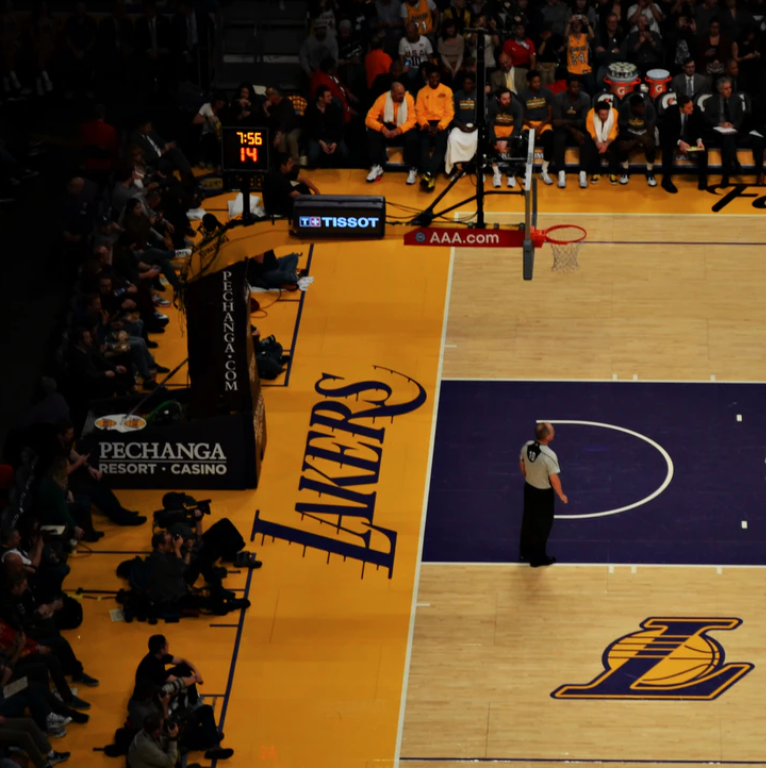Which of the following is NOT a federally registered trademark?
- “Taco Tuesday,” as in LeBron James’s social media celebrations of eating tacos on Tuesdays
- “Three-peat,” as in winning three consecutive championships
- Blue athletic turf, as in Boise State’s famous blue and orange football field
- “Fear the Brow,” as in NBA star Anthony Davis’s very distinct unibrow
Correct Answer: A!
Once you know a little more about trademarks and how individuals and companies register them, the answer should make a lot more sense. Let’s start there!
What is a trademark?
A trademark is any word, name, symbol, design, sound, or even scent that distinguishes one seller’s goods and/or services from those of another. Think of a trademark as a source identifier. It tells consumers where the specific goods/services came from. Brand names like the word Nike, logos like the Swoosh sign, and slogans like “Just Do It” are perfect examples of trademarks as source identifiers: when someone sees a Swoosh on a shoe or “Just Do It” on a billboard, they know it’s Nike.
Whether you realize it or not, trademarks are everywhere. There’s one on the Starbucks coffee cup you may have had this morning. And on your favorite character to race with in Mario Kart. There’s even a trademark on the alert you got from the ESPN app because the Bulls beat the Raptors. Turns out we’re all a lot more familiar with trademarks than we may have known!

What requirements must a trademark satisfy in order to be federally registered?
A federally registered trademark is one that is officially registered with the United States Patent and Trademark Office (USPTO). In order to become a federally registered mark, the applicant must meet certain requirements. Most importantly, a trademark must 1) identify or distinguish the source of the good or service, and 2) not be similar enough to another’s mark that consumers might be confused as to the source of the good or service. Although not required in order to enforce trademark rights, individuals and companies often decide to federally register their marks. Doing so provides them with the strongest protections against infringement.
Trademarks in Sports
Athletes have been trademarking things for decades. Why wouldn’t they? As one trademark expert put it, “Most of these athletes have a very limited period of time where they have their primary earning years, and this is a way to capitalize on their fame and maximize their earnings during their playing career.” Plus, in my personal opinion, there’s a fairness issue: should someone else be allowed to make money off an athlete’s iconic phrase or logo that the general public associates with the athlete? I agree with the many athletes who have decided the answer to that is no and have opted to pursue trademarks as a means of protecting their rights to the profits that stem from their fame. It’s worth noting that athletes can also protect themselves with something called a right of publicity claim. It basically makes it unlawful to use someone else’s name, image, or anything else that identifies them for a commercial benefit without first getting their permission. But that could be a topic for a whole other blog post, so for now we’ll stick to trademarks!
Answer Choice A: “Taco Tuesday!”
Although LeBron James does not have a federally registered trademark to the phrase “Taco Tuesday,” it’s not for lack of trying. After the NBA star began sharing funny videos of his family’s taco dinners on Instagram, the idea took off on social media with other famous athletes joining in on the fun. LeBron subsequently filed an application with the USPTO. The application was denied on grounds that the phrase was too common (i.e., people didn’t associate it with just LeBron James) and confusingly similar to an existing trademark. Remember, trademarks are source identifiers, so if consumers don’t associate a phrase, logo, etc. on a good or service with a particular source, it can’t be trademarked. As an interesting sidenote, it’s possible to have a so-called common law trademark without federal registration (with fewer procedural benefits). But, unless consumers start associating this term with LeBron James, he won’t have such a trademark.
Despite this failed attempt, LeBron has succeeded in trademarking lots of other things. Many of them are related to his I Promise School. My personal favorite is “Just a Kid from Akron.”
Answer Choice B: “Three-Peat”
As a lifelong Chicago Bulls fan, the story behind this trademark was especially interesting to me. As many NBA fans know, the Bulls had quite a bit of success in the 1990s. They won their first “three-peat” in 1993, and pulled of a “repeat three-peat” in 1998. And it turns out Pat Riley, current president of the Miami Heat and former head coach of the Los Angeles Lakers, New York Knicks—but notably not the Bulls—made a lot of money along the way!
In the late 1980s, after winning back-to-back titles as head coach of the Lakers, Pat Riley filed a trademark application for the phrase “three-peat.” Rumor has it he overheard an assistant coach use it to describe what the Lakers may be able to accomplish the following season. Fun fact: you don’t have to actually come up with a phrase yourself in order to apply for trademark registration.

With the buzz of a possible third championship rising, people were familiar enough with the term “three-peat” for Pat Riley to successfully trademark it in reference to his Lakers. Oddly enough, they didn’t actually accomplish the “three-peat,” losing in the 1989 NBA finals to the Detroit Pistons. But Riley already had the trademark, and he profited when other teams successfully pulled off a three-peat!
So, how did he make a profit? Well, just because Riley owns the trademark rights doesn’t mean no one else can use the phrase. It just means they have to pay Pat Riley royalties if they use it on goods in commerce such that there is likely confusion. So, when you see a hat, t-shirt, flag, bumper sticker—or most other things fans may buy—with the phrase “three-peat” on it, know that Pat Riley gets a cut of the profits.
But don’t worry about paying him a royalty if you’re just excitedly talking to friends about the possibility of your favorite sports team “three-peating.” Why not? Well, unless you’re having a very unusual conversation, it probably doesn’t involve use of the phrase on a good or service, let alone one that is sold in commerce.
Answer Choice C: Blue Athletic Turf
College football fans know it when they see it: the blue and orange turf of Boise State University. It’s iconic, there’s no doubt. And that certainly helped their legal team secure the trademark rights to blue turf athletic fields. As we now know, part of having a trademark requires that consumers associate the mark with a particular source. In this case, Boise State was able to show the USPTO that when people saw blue turf, they thought of Boise State in particular. They showed articles, travel guides, marketing materials, and evidence that they had spent over $2 million on advertising for the field. Again, that doesn’t mean other teams can’t have blue turf. Indeed, one school followed Boise State’s lead and made their turf a bright teal blue. But Boise State’s trademark rights meant Luther College had to get permission from the university, as do other schools if their planned athletic field is likely to be considered confusingly similar to Boise State’s trademarked blue.
Answer Choice D: “Fear the Brow”
Born and raised right here in Chicago, Anthony Davis has become famous for more than just his elite basketball skills. Sure, he’s won both an NCAA Championship and an NBA Championship, played in eight NBA All-Star games and was the MVP of one of them. And while these accomplishments certainly set him apart from the masses, even Anthony Davis himself admits that his unibrow is a big part of what makes him different.
But how do you trademark a unibrow? Well, you can’t, so feel free to grow one if you’d like. You can, however, trademark phrases related to your very distinctive unibrow (so long as you use the phrases on goods or services in commerce!). This is exactly what Anthony Davis did.
When Davis and his Kentucky Wildcats went on their impressive championship run back in 2012, fans began using the phrases “Fear the Brow” and “Raise the Brow.” In his own words, Davis explained his decision to trademark them: “I don’t want anyone to try to grow a unibrow because of me and then try to make money off of it.” So he opted to trademark it “because it’s very unique.” Can’t argue with that!
For more Trademark Trivia, check out fellow IP Bytes blogger Becky Bavlsik’s posts from 2019 dealing with other interesting trademark issues!

Maggie DePoy
Assistant Blogger
Loyola University Chicago School of Law, J.D. 2022
Maggie is a 2L who is enjoying her new seat in the classroom after spending seven years as a teacher in New Orleans and Chicago.
